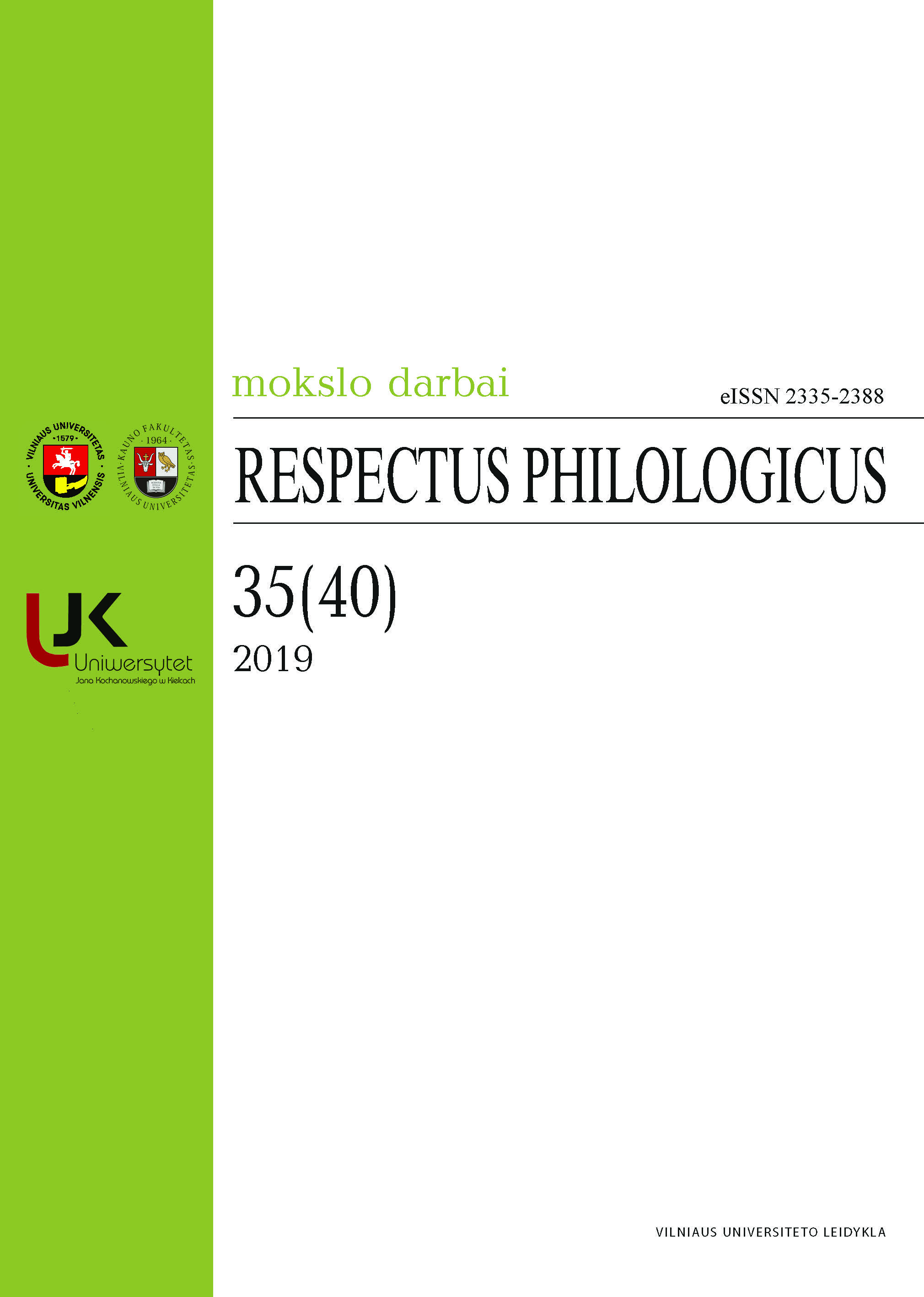Liaudies leksikografija. Pagrindiniai naiviosios eksplikacijos ypatumai
Folk Lexicography. Main Features of “Naive” Explication
Author(s): Lina VizgirdėSubject(s): Customs / Folklore, Media studies, Lexis
Published by: Vilniaus Universiteto Leidykla
Keywords: metalingual activity; folk lexicography; naive explication;
Summary/Abstract: “Folk lexicography” is a phenomenon of modern linguistic culture, the result of the metalingual activity and one of the most significant manifestations of naive linguistics. Online slang dictionaries for amateur creation are becoming an indispensable research area and a generous source of information for traditional lexicographers. Their “online” form makes data collection extremely user-friendly, and in terms of audience coverage, they cannot compete with any other phenomenon. Open dictionaries provide the opportunity to discover the latest slang units, to monitor their use in the most modern contexts, to analyze the lively process of linguistic creation. From the general point of view, amateur dictionaries are more likely to be attributed to encyclopedic ones than to linguistic dictionaries, as the units of description of their articles more often are concepts, of lexical rather than grammatical meanings. If a paper dictionary can be understood as a scientific resource, then an open electronic dictionary – a multivariate creation of a modern virtual community can be perceived as a continuous creative process.
Journal: Respectus Philologicus
- Issue Year: 2019
- Issue No: 35(40)
- Page Range: 121-134
- Page Count: 14
- Language: Lithuanian

